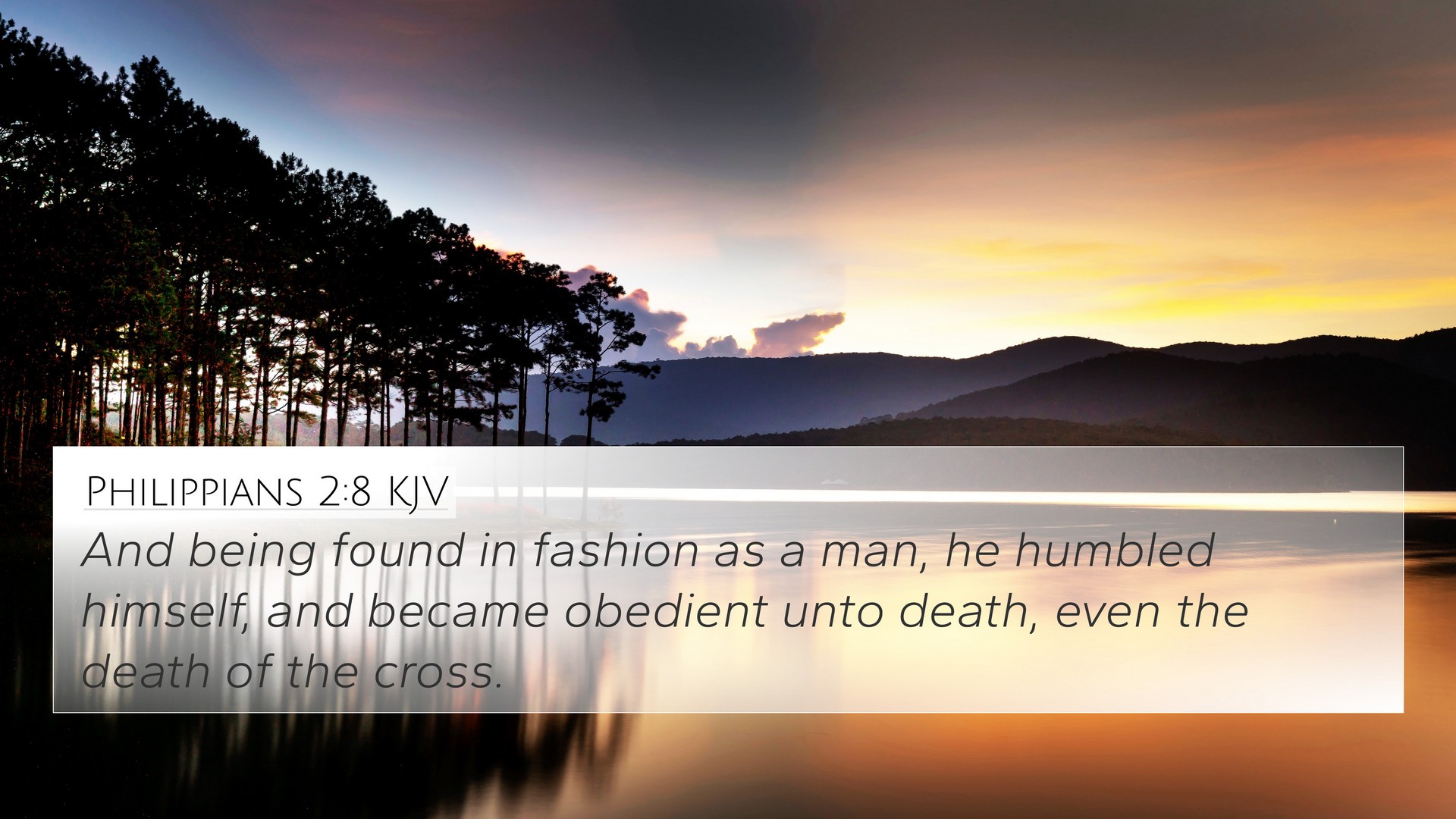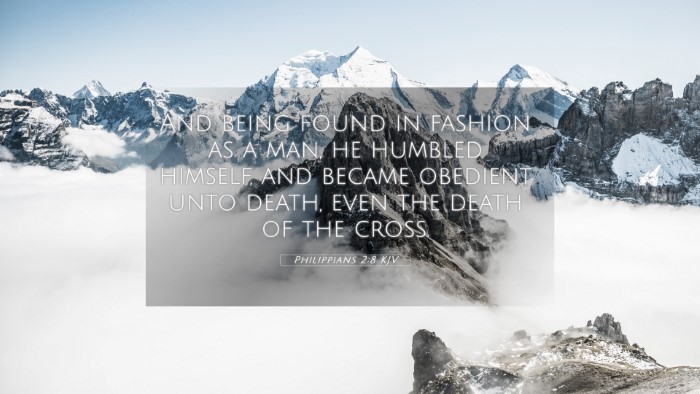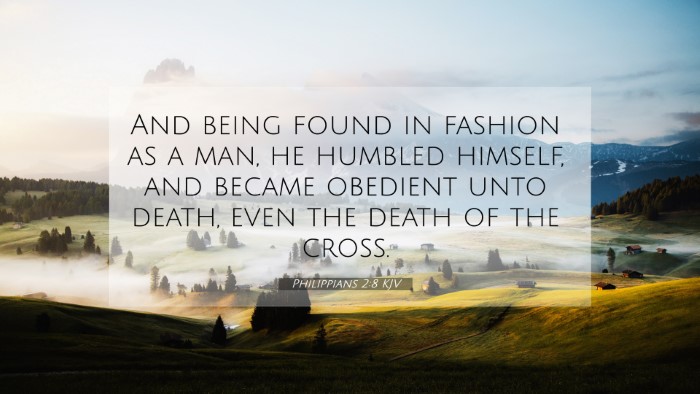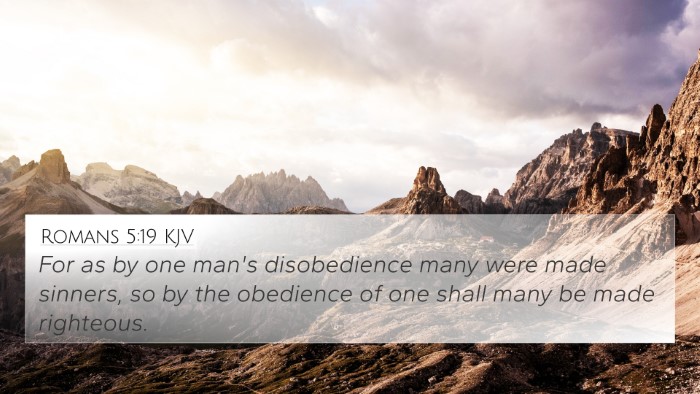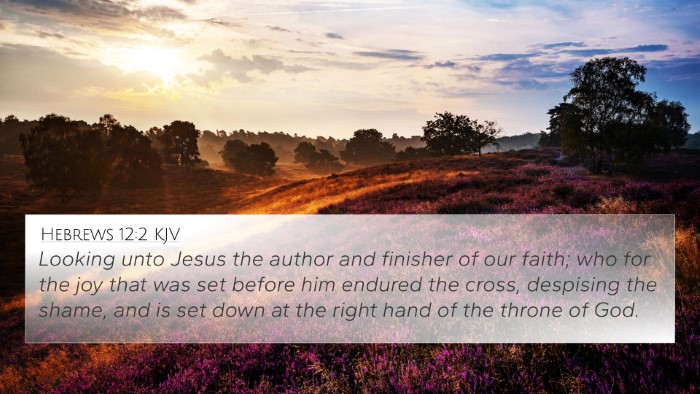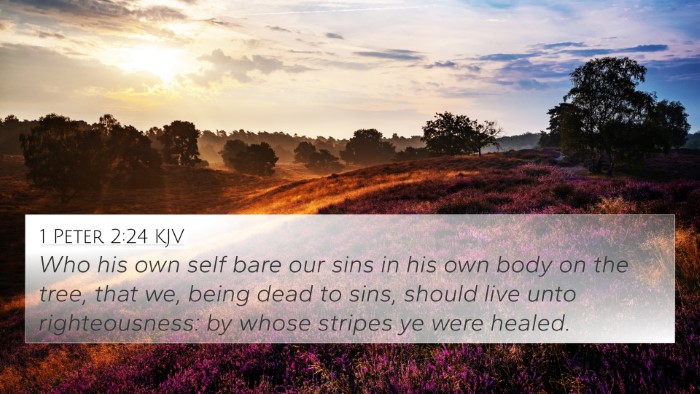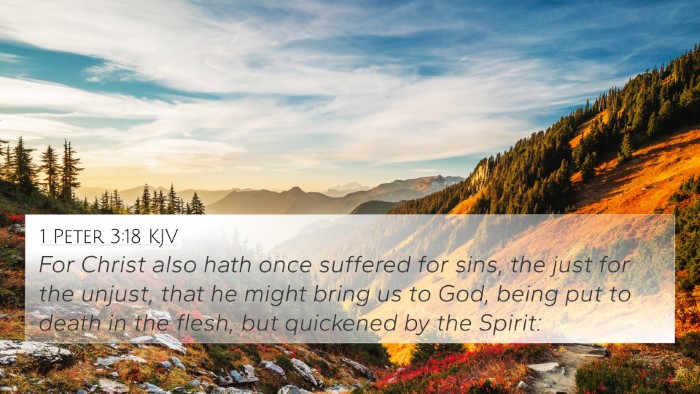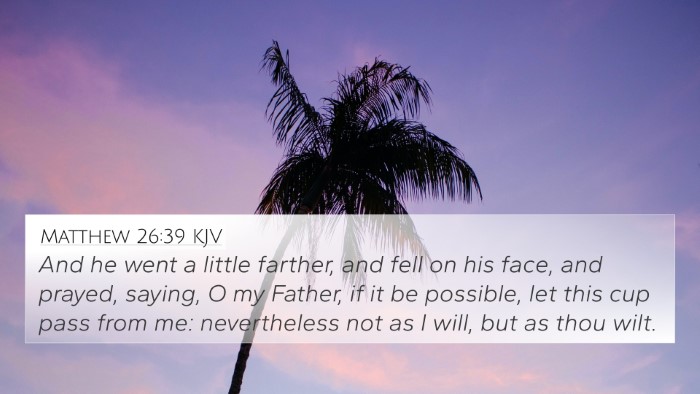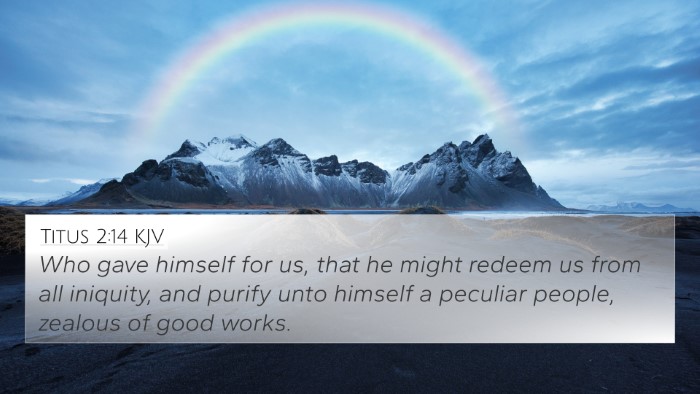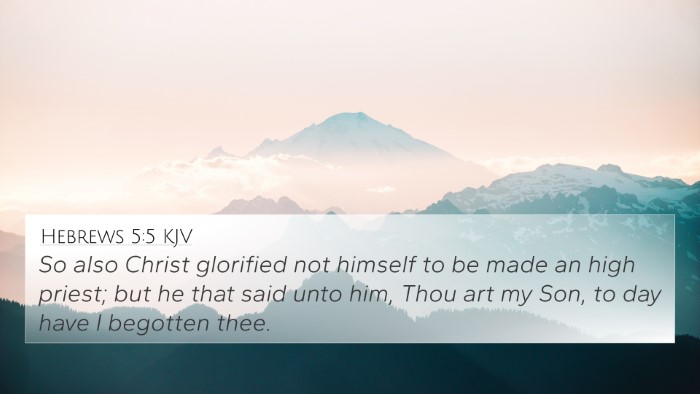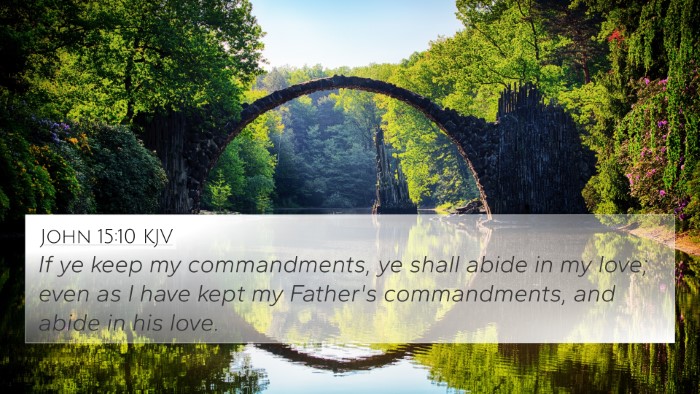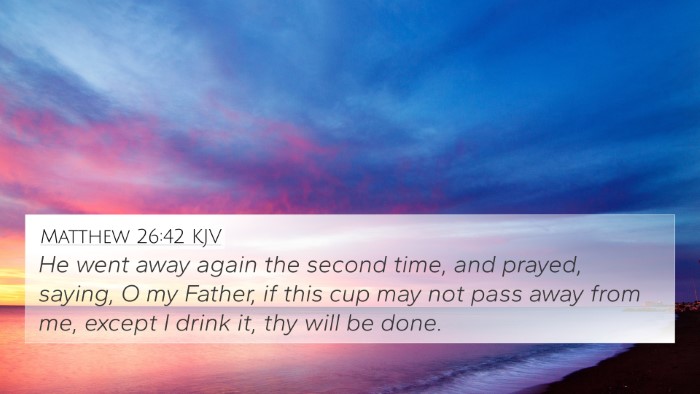Understanding Philippians 2:8
Philippians 2:8 states:
"And being found in fashion as a man, he humbled himself, and became obedient unto death, even the death of the cross."
Summary of the Verse
This verse highlights the humility and obedience of Jesus Christ. It emphasizes that despite His divine nature, He chose to take the form of a servant and submit Himself to death on the cross, a painful and humiliating death. The verse reflects themes of sacrifice and the depth of Christ's love for humanity.
Insights from Public Domain Commentaries
Matthew Henry's Commentary
Matthew Henry points out that the incarnation of Christ was a voluntary act of humility. He notes that Jesus did not merely appear as a man but embraced the human condition fully. His obedience, even to death, serves as the ultimate example of self-sacrifice and submission to God's will.
Albert Barnes' Commentary
Albert Barnes emphasizes the significance of Christ's obedience. He states that Jesus' humility is demonstrated not only in His willingness to take on human form but also in His acceptance of a death that was both punitive and shameful. This level of sacrifice illustrates the depths of God’s grace and mercy towards humanity.
Adam Clarke's Commentary
Adam Clarke offers insights into the implications of Jesus' obedience. He believes that the phrase "even the death of the cross" highlights the extreme nature of His sacrifice, stressing that this level of suffering was beyond what was commonly faced by those condemned to die. Clarke notes that this act not only fulfilled prophecies but also established a new covenant between God and humanity.
Thematic Connections
Philippians 2:8 can be cross-referenced with several significant verses that elaborate on the themes of humility, obedience, and sacrifice in the life of Christ. Below are notable verses that relate to this passage:
- Isaiah 53:5: "But he was wounded for our transgressions, he was bruised for our iniquities: the chastisement of our peace was upon him; and with his stripes we are healed." - This verse foreshadows the suffering of Christ.
- Matthew 20:28: "Even as the Son of man came not to be ministered unto, but to minister, and to give his life a ransom for many." - This emphasizes Jesus' mission of servitude and sacrifice.
- Romans 5:8: "But God commendeth his love toward us, in that, while we were yet sinners, Christ died for us." - Highlights the unconditional love demonstrated through His death.
- Hebrews 5:8: "Though he were a Son, yet learned he obedience by the things which he suffered." - This illustrates the obedience of Christ amidst His suffering.
- John 10:18: "No man taketh it from me, but I lay it down of myself. I have power to lay it down, and I have power to take it again." - Christ's voluntary sacrifice is emphasized.
- 1 Peter 2:24: "Who his own self bare our sins in his own body on the tree, that we, being dead to sins, should live unto righteousness." - This verse connects the suffering of Christ to our own righteousness.
- Luke 22:42: "Saying, Father, if thou be willing, remove this cup from me: nevertheless not my will, but thine, be done." - Demonstrates Christ's submission to God’s will.
Comparative Biblical Analysis
By analyzing Philippians 2:8 in conjunction with these other scriptures, readers can see a profound pattern of sacrifice and humility in Christ's life. The connections between these verses reveal a rich tapestry that illustrates how Jesus embodies the essence of servanthood and obedience, which serves as a model for believers to emulate in their own lives.
Practical Application
Understanding Philippians 2:8 helps believers grasp the concept of true humility and sacrifice. In a world that often promotes self-exaltation, this verse serves as a counter-cultural reminder that greatness in God’s kingdom is achieved through servanthood. Christians are called to follow Christ’s example, laying down their lives for others, as Christ laid down His life for us.
Conclusion
Philippians 2:8 serves as a poignant reminder of the humility and obedience of Christ, urging believers to reflect on how they can apply these principles in their lives. By employing tools for Bible cross-referencing, such as Bible concordances and cross-reference guides, one can further explore the connections between this verse and the broader narrative of Scripture, deepening their understanding of biblical themes and fostering a richer spiritual life.
